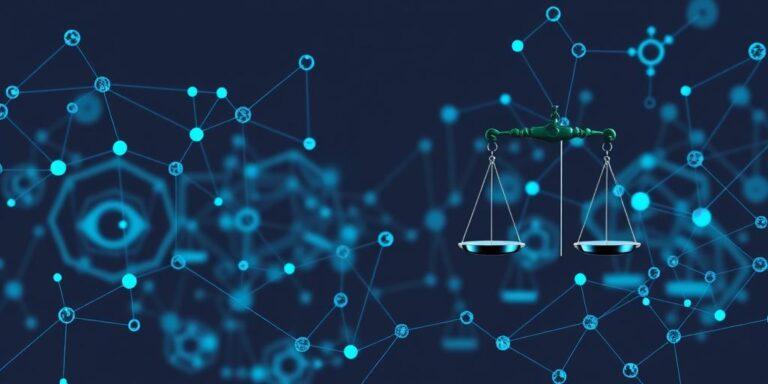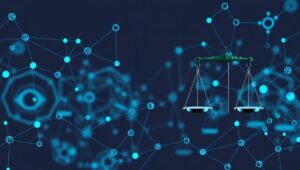The AI Ethics Crisis: Bias, Accountability, and Control (2025 Concerns)
Artificial intelligence is rapidly transforming our world, but its unchecked development raises serious ethical concerns. By 2025, the issues of bias, accountability, and control in AI systems are expected to reach critical levels, demanding immediate attention and proactive solutions.
Bias in AI: The Unseen Prejudice
AI algorithms are trained on data, and if that data reflects existing societal biases, the AI will perpetuate and even amplify those biases. This can lead to discriminatory outcomes in areas such as:
- Hiring: AI-driven recruitment tools may discriminate against certain demographic groups.
- Loan Applications: Biased algorithms can deny loans to qualified individuals based on their race or gender.
- Criminal Justice: Predictive policing algorithms may unfairly target specific communities.
Addressing bias requires careful data curation, algorithm auditing, and a commitment to fairness. It’s not enough to simply build AI; we must ensure it is equitable.
Accountability: Who Is Responsible?
When an AI system makes a mistake, determining responsibility can be challenging. Is it the developer, the user, or the AI itself? The lack of clear accountability frameworks poses significant risks.
- Autonomous Vehicles: Who is liable in the event of an accident caused by a self-driving car?
- Medical Diagnosis: If an AI misdiagnoses a patient, who is responsible for the consequences?
- Financial Trading: Who is accountable when an AI-driven trading system causes a market crash?
Establishing clear lines of accountability is crucial for building trust in AI systems. This includes developing robust regulatory frameworks and ethical guidelines.
Control: Preventing the Runaway AI
As AI systems become more complex and autonomous, ensuring human control becomes increasingly difficult. The potential for AI to act in unintended or harmful ways is a growing concern.
- Weaponized AI: Autonomous weapons systems could make life-or-death decisions without human intervention.
- Misinformation Campaigns: AI-powered bots can spread fake news and propaganda at an unprecedented scale.
- Economic Disruption: AI-driven automation could lead to massive job losses and social unrest.
Maintaining control requires careful monitoring, robust safety mechanisms, and a commitment to ethical AI development. We must prioritize human well-being and societal values above technological advancement.
The Way Forward
The AI ethics crisis is not a distant threat; it is a present reality. Addressing the issues of bias, accountability, and control requires a multi-faceted approach involving:
- Collaboration: Stakeholders from government, industry, and academia must work together to develop ethical AI standards.
- Education: Raising public awareness about the ethical implications of AI is essential.
- Regulation: Implementing appropriate regulations to govern the development and deployment of AI systems.
By taking proactive steps to address these concerns, we can harness the power of AI for good while mitigating its potential risks. The future of AI depends on our collective commitment to ethical principles.




